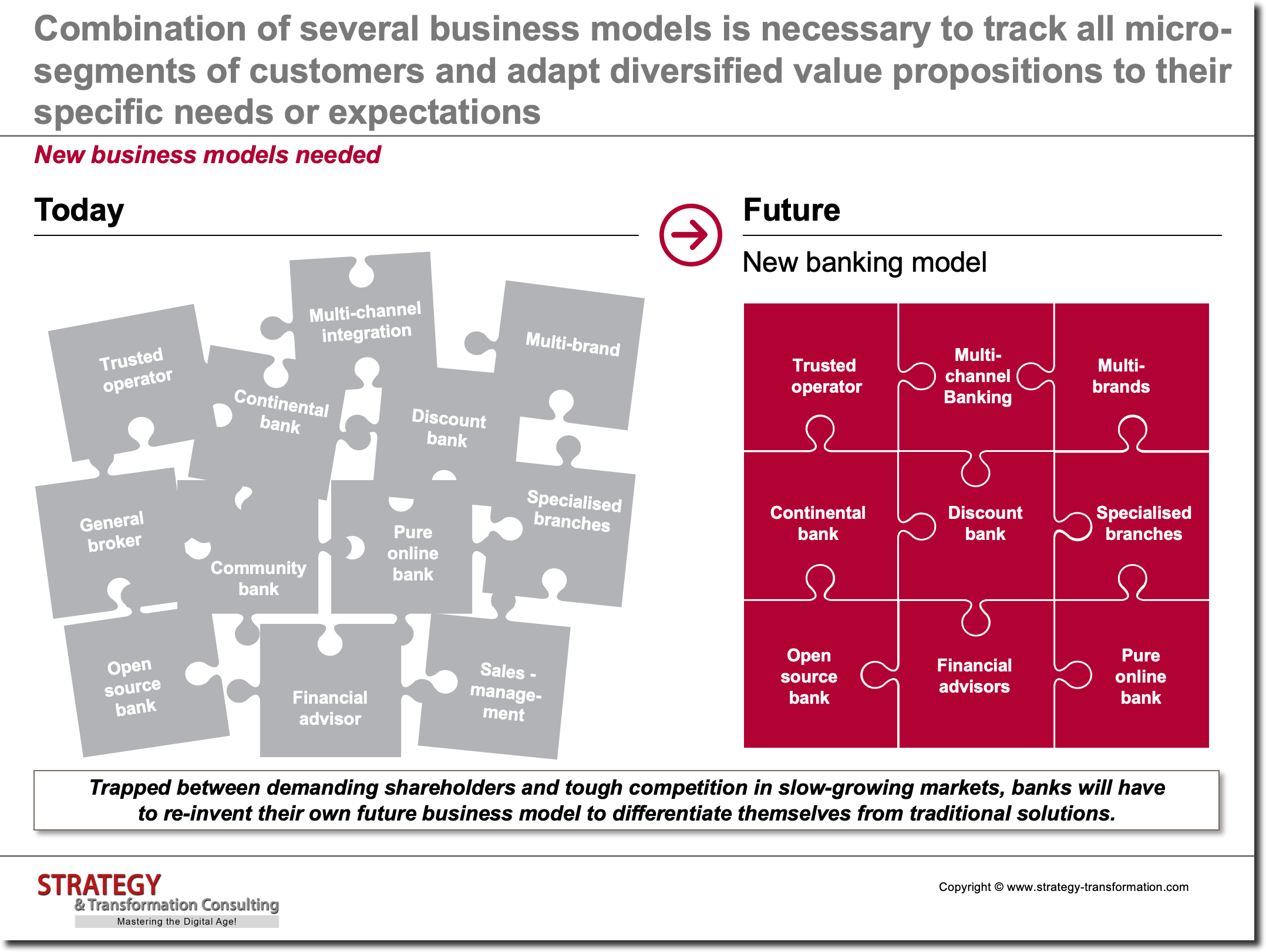Embracing Change: The Future of Business
In today’s fast-paced digital era, the business landscape is constantly evolving. In order to thrive in this ever-changing environment, companies must be willing to embrace change and adapt to new technologies and trends. By doing so, they can revolutionize their business models and stay ahead of the competition.
One of the key factors in revolutionizing business in the digital era is the ability to embrace change. This means being open to new ideas, technologies, and ways of doing things. It also means being willing to take risks and try new approaches. Companies that are able to embrace change are more likely to succeed in the digital age, as they can quickly adapt to new opportunities and challenges.
One way that businesses can embrace change is by investing in innovative technologies. By leveraging the power of digital tools and platforms, companies can streamline their operations, improve efficiency, and enhance the customer experience. For example, cloud computing, artificial intelligence, and big data analytics are all technologies that can help businesses stay competitive in the digital age.
Another way that businesses can embrace change is by fostering a culture of innovation. This means encouraging employees to think creatively, take risks, and come up with new ideas. By creating an environment where innovation is valued and rewarded, companies can generate fresh insights and drive growth. This can lead to the development of new products, services, and business models that can revolutionize the industry.

Image Source: strategy-transformation.com
In addition to embracing change, businesses must also be willing to adapt to new trends and consumer preferences. In the digital age, customer expectations are constantly evolving, and companies must be able to meet these changing demands. This may require companies to pivot their business models, expand into new markets, or develop new products and services. By staying attuned to the needs of their customers, businesses can ensure long-term success in the digital era.
One example of a company that has successfully embraced change in the digital era is Amazon. The e-commerce giant started out as an online bookstore, but has since expanded into a wide range of products and services, including cloud computing, streaming media, and artificial intelligence. By constantly innovating and adapting to new trends, Amazon has revolutionized the retail industry and become one of the most valuable companies in the world.
In conclusion, embracing change is essential for businesses that want to succeed in the digital era. By being open to new ideas, technologies, and trends, companies can revolutionize their business models and stay ahead of the competition. Whether it’s investing in innovative technologies, fostering a culture of innovation, or adapting to changing consumer preferences, companies that embrace change are more likely to thrive in the fast-paced digital age.
Innovation in the Digital Age: A Brighter Tomorrow
In today’s fast-paced world, businesses are constantly looking for ways to stay ahead of the competition and remain relevant in the digital era. Innovation has become a key driver of success, as companies strive to create new products, services, and business models that meet the ever-changing needs of consumers. The digital age has brought about a revolution in the way businesses operate, and those that fail to innovate risk being left behind.
One of the key aspects of innovation in the digital age is the use of technology to streamline processes and improve efficiency. Automation, artificial intelligence, and data analytics are just a few examples of the tools that businesses are using to drive innovation and create a competitive edge. By leveraging these technologies, companies can improve their speed, accuracy, and scalability, enabling them to better serve their customers and adapt to changing market conditions.
Another important aspect of innovation in the digital age is the focus on customer experience. In today’s highly competitive business landscape, companies must go above and beyond to meet the needs and expectations of their customers. This means delivering personalized, seamless experiences across all touchpoints, from online to offline. By leveraging data and analytics, businesses can gain insights into customer behavior and preferences, allowing them to tailor their products and services to better meet their needs.
Innovation in the digital age also extends to the development of new business models. Traditional, linear business models are giving way to more dynamic, agile approaches that allow companies to adapt to changing market conditions quickly. Subscription-based services, on-demand offerings, and platform-based models are just a few examples of the innovative business models that are emerging in the digital age. These models enable companies to better monetize their products and services, while also creating new opportunities for growth and expansion.
One of the key drivers of innovation in the digital age is the rise of startups and entrepreneurial ventures. These smaller, more agile companies are often at the forefront of innovation, developing new technologies and business models that challenge the status quo. By fostering a culture of innovation and entrepreneurship, larger companies can learn from these startups and adapt their own strategies to stay competitive in the digital age.
Collaboration is another important aspect of innovation in the digital age. In today’s interconnected world, no company operates in isolation. Partnerships, alliances, and collaborations with other businesses, as well as with academia and research institutions, can help companies access new ideas, technologies, and markets. By working together, companies can leverage their collective strengths and resources to drive innovation and create new opportunities for growth.
In conclusion, innovation in the digital age is essential for businesses looking to thrive in today’s fast-paced, ever-changing world. By embracing technology, focusing on customer experience, developing new business models, fostering entrepreneurship, and collaborating with others, companies can revolutionize their operations and create a brighter tomorrow for themselves and their customers. The digital age presents endless opportunities for innovation, and those that embrace change and push the boundaries of what is possible will be the ones that succeed in the long run.
Innovative Business Models for the Digital Age